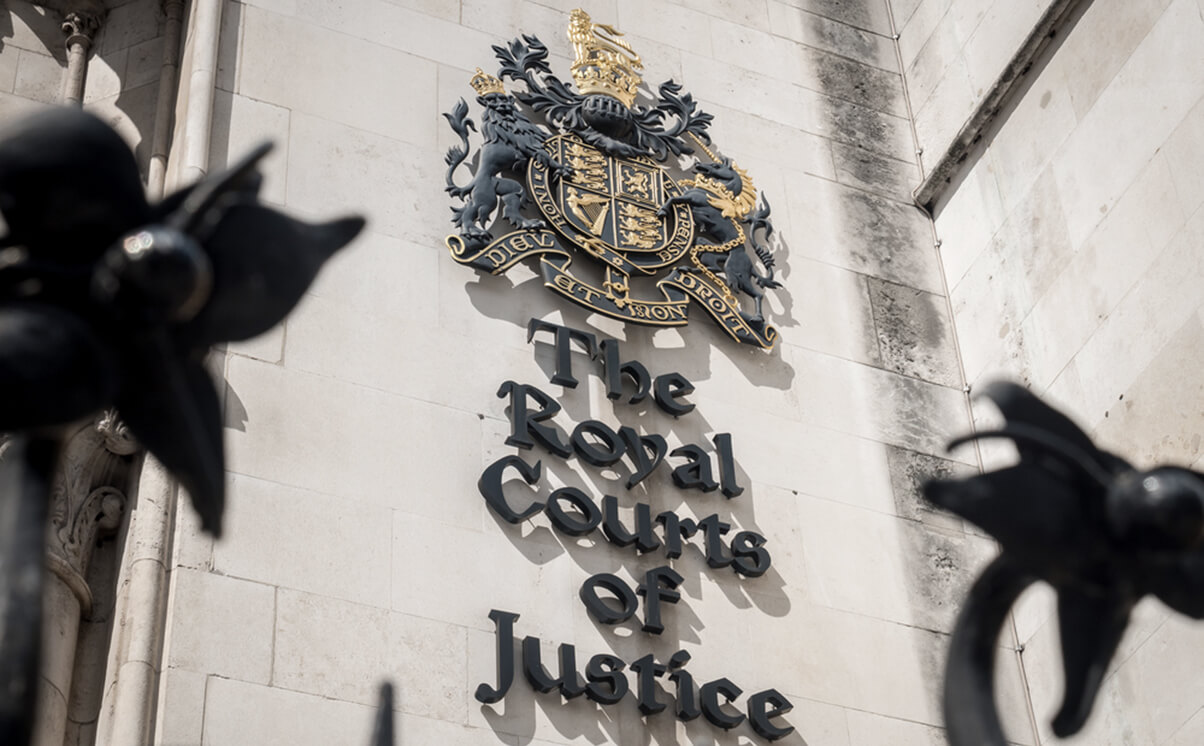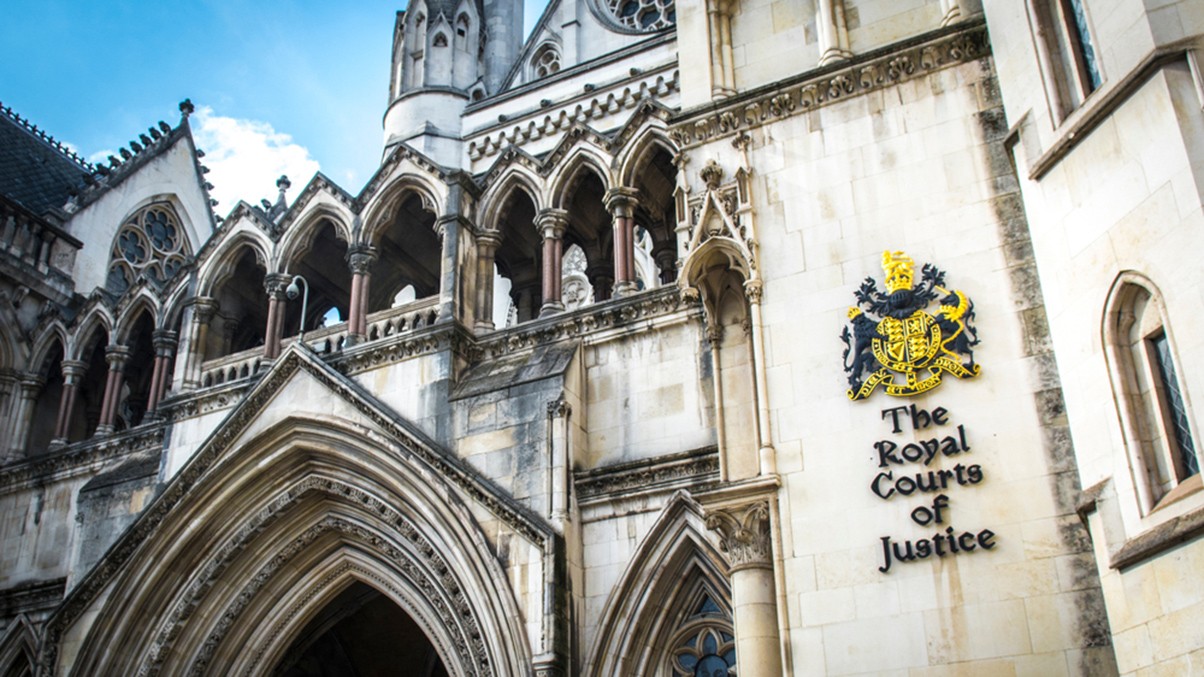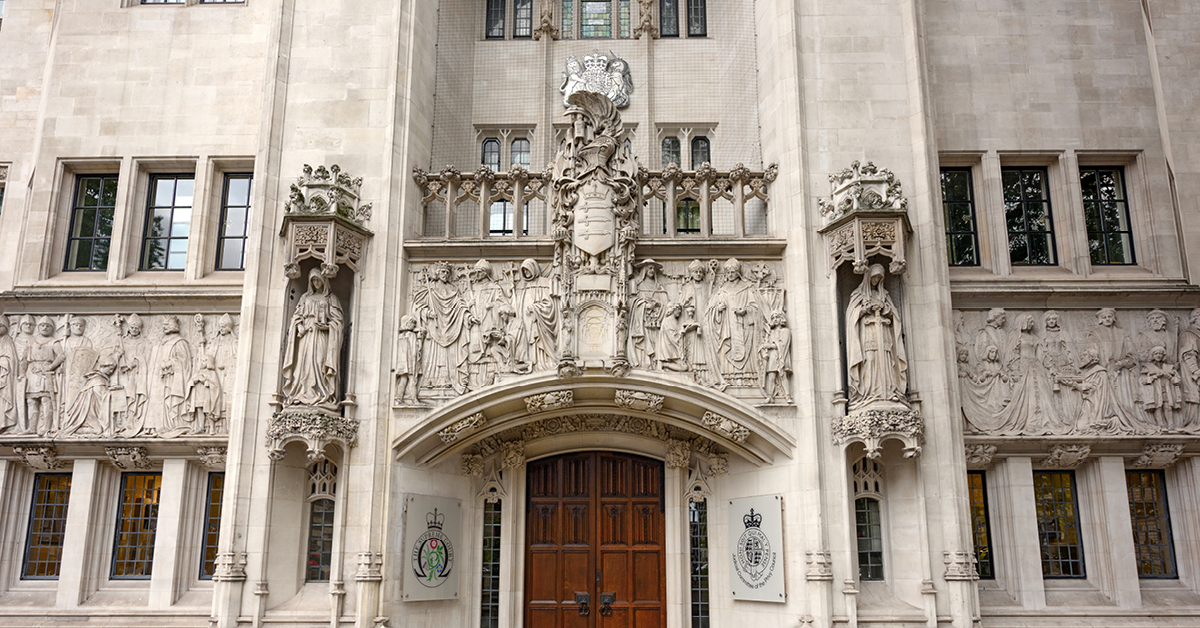The Court of Appeal handed down its judgment in the latest instalment of the long-running case of Potanin v Potanina on Thursday, 4 September 2025. Ben Connor reviews the proceedings to date and the latest Court of Appeal decision.
Background
Vladimir Potanin, a Russian multi-billionaire, was married to his wife, Natalia Potanina, for approximately 30 years before divorcing in Russia in 2014. In those proceedings, it is reported that she received an award of c. $40m.
Substantial wealth in the region of around $20bn was built up during the marriage. The husband is said to be one of the richest men in Russia. However, in the Russian divorce proceedings, the husband’s complex corporate and trust interests, in respect of which he was a beneficial owner but not the registered legal owner, were excluded from the division of the assets. Therefore, the wife received what was described as a “tiny fraction” of what she might have done had the divorce taken place in another jurisdiction, namely England and Wales.
Following the Russian divorce, later in 2014, the wife successfully applied for a UK investor visa and purchased a property in London; she was found to have had her principal home in London since at least January 2016. In 2018, she sought permission from the English courts for financial relief under Part III of the Matrimonial and Family Proceedings Act 1984 (referred to as “Part III”), which enables a party with sufficient connections to this jurisdiction to apply to the UK courts where inadequate financial provision has been made following an overseas divorce.
Proceedings to date
On 25 January 2019, Mr Justice Cohen granted the wife leave to apply for financial relief pursuant to Part III. Ms Potanina’s application had been filed without a copy of the application being served on the respondent husband, which represents the ‘usual’ process under the Part III jurisdiction. The husband was, however, able to apply to the court to set the permission aside, which prompted a series of appeals and further hearings over a period of nearly six years.
Following a two-day hearing in October 2019, Mr Justice Cohen acceded to the husband’s application. The judge considered that the wife had provided a misleading impression of her connection with England and, further, that she had breached the high duty of candour required during hearings that proceed on a without notice basis. In his judgment handed down on 8 November 2019, Mr Justice Cohen noted:
“Simply because the wife has suffered what she regards as a very significant injustice in that other country and has come to England after the breakdown of the marriage does not in itself make the case appropriate for determination in England and Wales.”
Ms Potanina appealed. Following a further two-day hearing before the Court of Appeal in January 2021, the wife’s permission to bring the Part III application was restored. The wife’s case, which argued that a judge could not set aside permission without a “compelling reason” demonstrated by a “knock-out blow,” prevailed. The court concluded that the judge had not been materially misled at the initial hearing and was not therefore entitled to set aside the original order granting permission.
Mr Potanin appealed that decision, and the matter was referred to the Supreme Court for another two-day hearing, concluding on 1 November 2024. The Supreme Court allowed the husband’s appeal, noting that where a court makes an order granting permission on a without notice basis, i.e. without the other party present, that other party has an “absolute and unfettered right” to challenge an order for permission. The Supreme Court did not agree, however, that the wife’s case should be dismissed entirely, and the case was remitted back to the Court of Appeal to deal with two further grounds raised by the wife.
4 September 2025 judgment
In July 2025, the Court of Appeal considered the wife’s two further and alternative grounds of appeal to the set aside decision. The present appeal was focused upon the threshold test for leave as opposed to the procedure adopted, as dealt with by the Supreme Court. The question, broadly, was whether Sir Jonathan Cohen was wrong to dismiss Ms Potanina’s application insofar as it related to “maintenance” on the basis that he was “wrongly influenced” by his unfair finding that he had been materially misled by Ms Potanina, particularly in respect of her “connection” to England and Wales.
The 4 September judgment makes clear that there is no statutory requirement to establish a “substantial” connection to England and Wales, although the stronger the connection, the stronger the application. Such connection must be assessed as at the date of the hearing of the application for leave, with foresight as to the parties’ expected ties to the jurisdiction as at the date of the prospective substantive hearing, as opposed to adopting a retrospective approach.
Therefore, notwithstanding Ms Potanina’s married life having been firmly fixed in Russia without connection to England, the Court of Appeal had little trouble in concluding that she had firm grounds for making a Part III application, given, in particular, her habitual residence in England from at least October 2018 to date, her ties with Russia having been almost entirely severed.
Overall, an applicant must demonstrate a case analogous to a “real prospect of success” in the substantive claim, akin to proving that it is not totally without merit rather than having to evidence a “good arguable case”. As such, Ms Potanina’s appeal was allowed, and Sir Jonathan Cohen’s dismissal of her application for leave under Part III was set aside.
Ms Potanina’s claims have now passed the procedural barriers and she will have the opportunity to put forward her substantive claims in the High Court. This long-running case therefore continues on to a case management hearing to deal with the onward progression of the case towards a final hearing.
Partner Jenny Duggan comments:
“In November 2019, Mr Justice Cohen agreed with counsel for Mr Potanin that ‘it is right to say that if this claim is allowed to proceed, then there is effectively no limit to divorce tourism’. Almost six years on, we now have confirmation that the flexible scope of the Part III jurisdiction will provide Ms Potanina with the opportunity to relitigate the financial aspects of her divorce. This judgment will surely serve only to enhance England’s status as the ‘divorce capital’ of the world, where foreign nationals settle to seek more favourable outcomes following an overseas divorce.
It will be interesting to follow the extent to which Ms Potanina may or may not receive a substantive financial award within the Part III proceedings going forward. Notably Zimina v Zimin [2017] (Court of Appeal), in which Stewarts represented the husband, can act as a cautionary tale in that regard. In that case, whilst the wife was granted permission for Part III proceedings, in the end the Court of Appeal concluded that it had not been appropriate for an order to have been made under Part III, and therefore the lump sum order was set aside.
There is also obviously the question of whether or not there will be a further appeal by Mr Potanin.”
You can find further information regarding our expertise, experience and team on our Divorce and Family pages.
If you require assistance from our team, please contact us.
Subscribe – In order to receive our news straight to your inbox, subscribe here. Our newsletters are sent no more than once a month.







